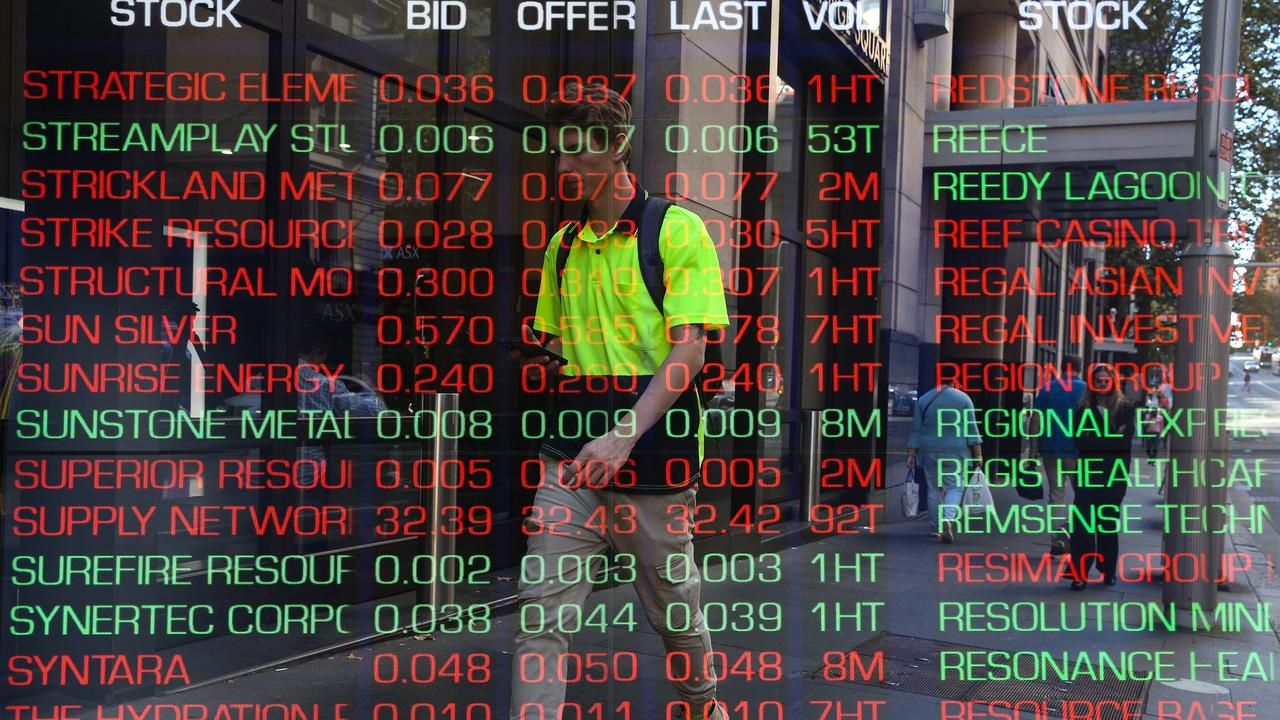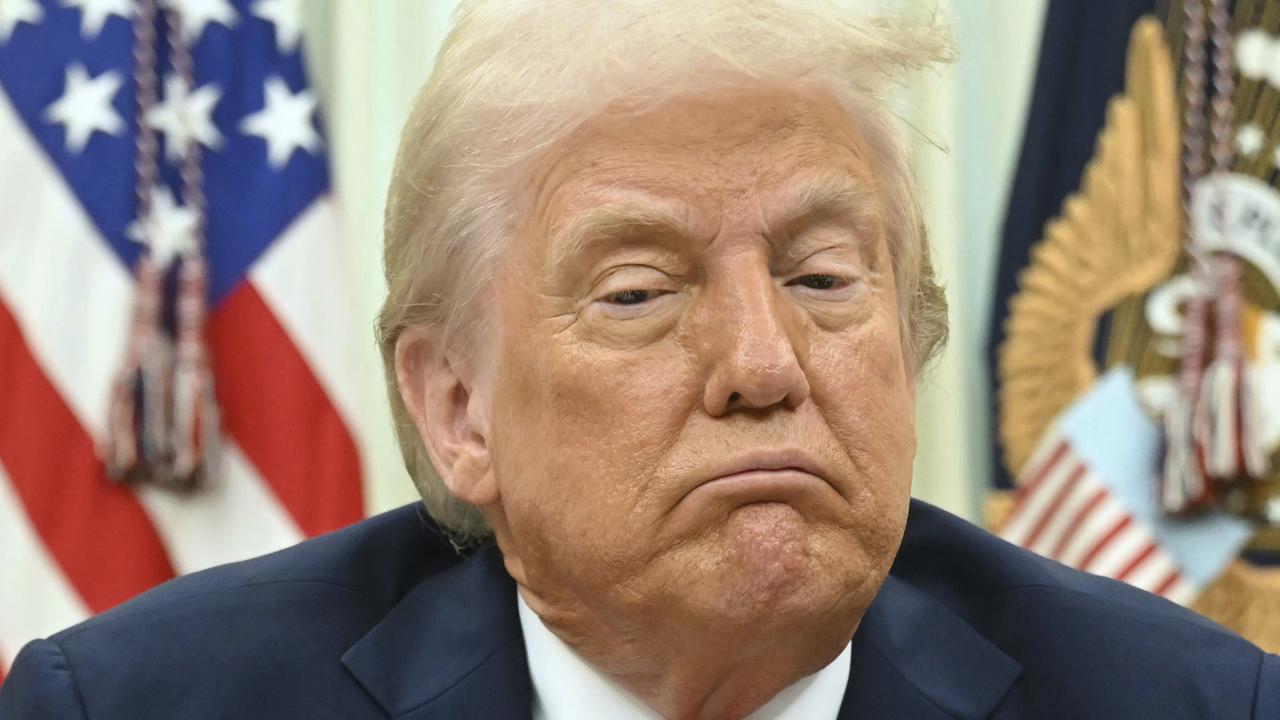Warning against airlines
FORMER airline boss Rod Eddington is warning investors against the uncertainties of investing in airlines.
Warning against airlines
FORMER airline boss Rod Eddington has joined financial legend Warren Buffett in warning investors against the uncertainties of investing in airlines.
With some airline chiefs now predicting the current aviation cycle may have peaked, Sir Rod said that the industry would remain "economically dysfunctional'' for as long as governments were heavily involved.
Mr Buffett famously suggested that a capitalist would have saved his progeny money if he had shot aviation pioneer Orville Wright, and claimed to have set up an 1800 line to help beat any urges to invest in airlines.
Sir Rod told an Australian British Chamber of Commerce lunch in Sydney that an influx of new aircraft such as the Airbus A380 suggested the industry was in good times, but his instinct told him this was only partly true.
The former chief executive of Ansett, Cathay Pacific and British Airways said the challenges the industry faced were real and the global industry would only make about $US5 billion ($5.4 billion) this year, roughly the same as one of the big four Australian banks, on turnover of $US400 billion.
This meant a profit margin of just over 1 per cent for an industry that had been cash-flow negative since the Wright brothers.
"Warren Buffett has said on several occasions never buy airline stocks,'' he said. "It is very good advice, unless you really know what you're doing.
"Trade them, but buying them and holding them long - Warren Buffett's always advised against that.''
At the heart of the problem, according to Sir Rod, is government interference in the industry and the number of state-owned airlines.
While the state had a role in aviation safety and security, he said it should not be involved in the economic decisions airlines took.
"It's a real challenge and until governments have the courage to get out of the business of owning airlines, I think the industry will continue to suffer,'' he said.
Sir Rod also identified climate change, a shortage of skilled pilots and engineers, and inadequate infrastructure as problems facing airlines.
He said aviation was responsible for about 2 per cent of global emissions but was one of the most visible segments of the pollution debate.
He had said in a report to the British Government that he believed all transport modes would ultimately have to pay their full external costs, including their environmental costs.
"I recommended then, as I still recommend, that airlines should be part of the global emissions trading scheme,'' he said. ``I don't see any other way at all.''



